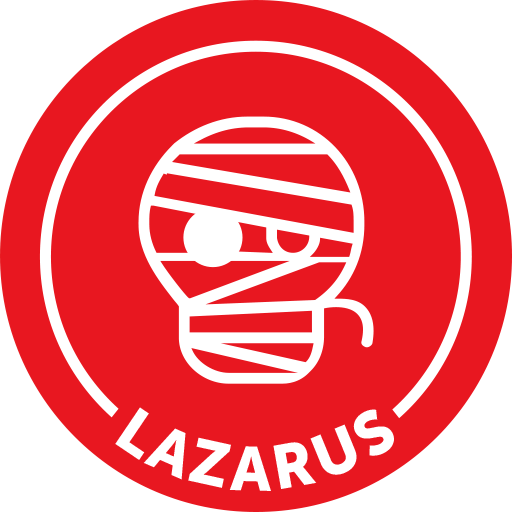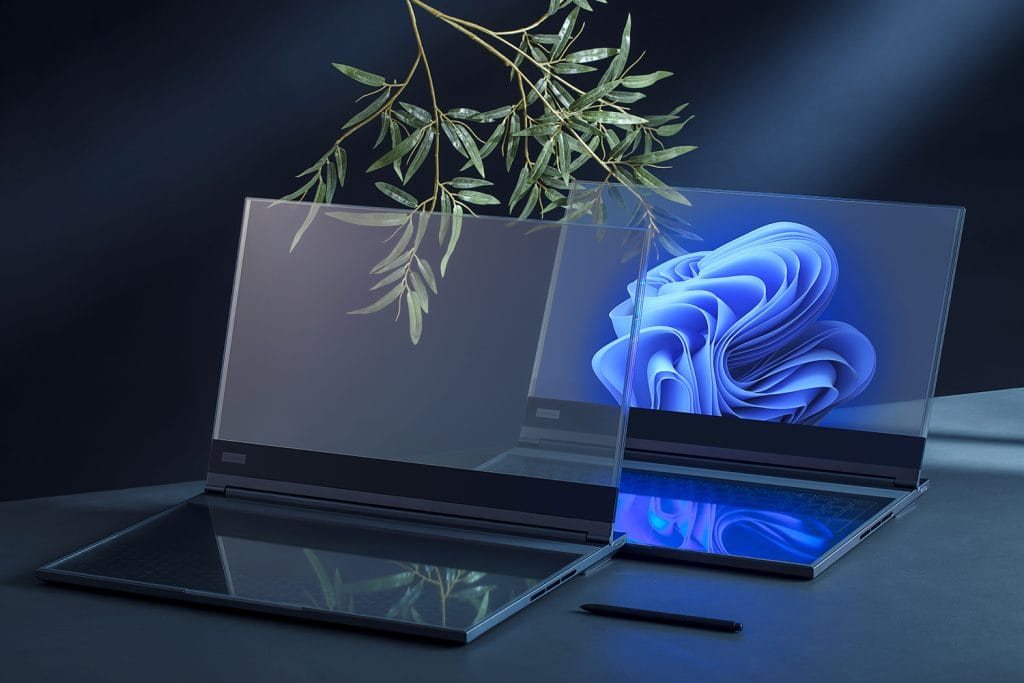Tech and Cybersecurity: A Closer Look at This Week’s News. 03/03/2024

Lazarus Group Exploits Windows Kernel Vulnerability
The notorious Lazarus group recently capitalized on a Windows Kernel Privilege Escalation vulnerability (CVE-2024-21338) within the appid.sys AppLocker driver. This flaw provided a kernel read/write primitive, enabling attackers to manipulate kernel objects. This exploit was particularly concerning as it was leveraged in the latest iteration of the FudModule rootkit.

Key Details:
- The vulnerability denoted as CVE-2024-21338, resides in the appid.sys AppLocker driver, presenting a kernel-level loophole for attackers to establish a read/write primitive.
- Exploiting this vulnerability required an initial login to the system, followed by running a specially crafted application capable of taking control of the system.
- A successful attack grants SYSTEM privileges, a significant threat allowing potential complete control over the targeted system.
- The Lazarus group effectively utilized CVE-2024-21338 to directly manipulate kernel objects in their updated FudModule rootkit.
- Microsoft promptly addressed the issue in the February 2024 Patch Tuesday, introducing an ExGetPreviousMode check to the IOCTL handler for a comprehensive fix. The severity of the vulnerability was rated at 7.8 on the CVSS scale.
It's crucial to maintain up-to-date systems with the latest patches to ensure security and optimal functionality.
Windows 11 Introduces "Hot Patching" for Seamless Updates
Microsoft is revolutionizing the update experience with Windows 11's new "hot patching" feature. Expected to debut with version 24H2 later this year, hot patching brings several implications for users.

Key Points:
- Improved User Experience: Hot patching eliminates the need for system restarts with critical updates, significantly reducing downtime and enhancing the overall user experience.
- Increased Security: Quick patching of security vulnerabilities without requiring system reboots enhances Windows 11's resilience against cyber threats.
- Efficient Resource Usage: By eliminating the necessity for reboots, hot patching contributes to more efficient resource utilization, especially beneficial for high-availability systems.
- Potential Risks: While promising, hot patching may introduce new risks if not implemented correctly. Although a reboot is recommended after updates, this feature marks a positive step towards a smoother update process.
Always keep your systems up-to-date for optimal security and performance.
Klarna's AI Assistant: A Game-Changer in Customer Service
Klarna's AI assistant, powered by OpenAI, has revolutionized customer service, handling 2.3 million conversations and performing the equivalent workload of 700 full-time agents.

Key Highlights:
- Improved Efficiency: The AI assistant reduced repeat inquiries by 25% and decreased resolution time from 11 minutes to under 2 minutes, maintaining a customer satisfaction score comparable to human agents.
- Profit Boost: Klarna anticipates a USD 40 million improvement in profits in 2024, showcasing the AI assistant's substantial impact.
- Multilingual and Accessible: Available in 23 markets, communicating in over 35 languages, the AI assistant enhances communication with diverse communities.
Klarna plans to add more features, cementing its vision of a fully AI-powered financial assistant.
Lenovo's Transparent Display Laptop Concept: A Glimpse into the Future
Lenovo's ThinkBook Transparent Display Laptop Concept introduces a groundbreaking 17.3-inch Micro-LED transparent display, allowing users to control transparency up to 55%. This proof-of-concept device demonstrates the potential for interacting with physical objects through AI-generated content.

Key Features:
- Adjustable Transparency: Users can control how much they see through the laptop, offering versatility in usage.
- AI-Generated Content Interaction: The laptop can interact with physical objects through Artificial Intelligence Generated Content (AIGC), creating unique user experiences.
- Conceptual Vision: While this device showcases the future of computing, it's essential to note that it's currently a proof of concept, with no confirmed release date.
Product Security and Telecommunications Infrastructure Act 2022
After 12 months of debate, the UK's Product Security and Telecommunications Infrastructure Act 2022 (PSTIA) has received Royal Assent, marking a pivotal step in ensuring the security of consumer connectable products and telecommunications infrastructure.

Key Information:
- Consumer Connectable Product Security Regime: Starting April 29, 2024, manufacturers must comply with PSTIA obligations, ensuring their products meet minimum security requirements.
- Relevant Legislation: Comprising Part 1 of the PSTI Act 2022 and The Product Security and Telecommunications Infrastructure (Security Requirements for Relevant Connectable Products) Regulations 2023.
- Economic Actors: The regime applies to manufacturers, importers, and distributors of relevant connectable products.
- Balancing Interests: PSTIA aims to support the rollout of future-proof, gigabit-capable broadband and 5G networks while considering the interests of all stakeholders.
This act is a significant stride towards securing consumer-connectable products and robust telecommunications infrastructure. Stay informed and compliant for a safer digital future.
This week's tech news roundup concludes. Keep an eye out for further exciting updates from the world of technology!




